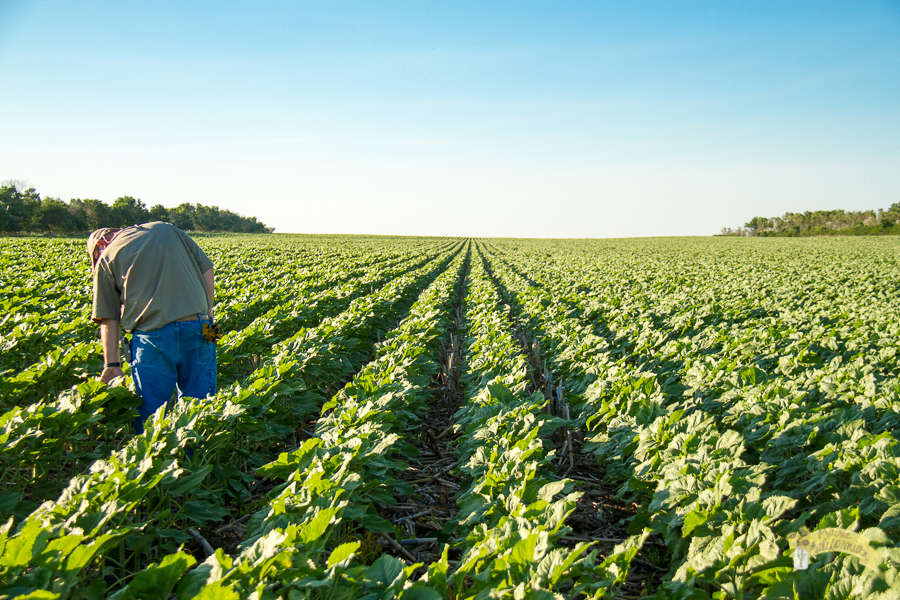
Exactly what is an agronomist?
An agronomist is a professional who applies scientific knowledge and strategies to the management and creation of crops. Agronomists get the job done in a number of settings, from farms and ranches to government organizations and personal organizations. They can also function in research laboratories or instruct at colleges and universities.
Most agronomists have at least a bachelor's diploma in agronomy or a relevant industry, including agricultural science or soil science. Quite a few agronomists also have master's degrees or doctorates. The exact nature of the agronomist's position is determined by her or his specialty and employer.
Agronomists Participate in a vital position in making sure that crops are healthy and effective. They use their familiarity with plant science to establish ways to enhance crop yield, combat pests and diseases, and preserve water as well as other resources.
The position of the agronomist
is to more info help the whole world meet its developing food generation requirements. In accordance with the U.S. Bureau of Labor Statistics (BLS), employment for agronomists is anticipated to expand speedier than typical, with openings as a consequence of growth and substitute needs.
The work of an agronomist
is demanding and fulfilling, with agronomists normally getting involved with analysis and education.
The education of an agronomist
Agronomists require at the very least a bachelor's degree in agronomy or relevant area from an accredited university.
The future of agronomy
Agronomists help to make sure that the entire world's population has ample foodstuff, plus they work to improve crop yields and reduce agriculture's influence on the ecosystem. The BLS suggests that agronomists are in demand, but the level of competition for Positions is probably going to become strong.
Conclusion
Agronomists are concerned with the study of crops, they usually get the job done in a number of fields, from agricultural study to raising crops. Agronomists are needed to ensure that crops are generated for consumption, but Additionally they help generate biofuels along with other plant-based products.